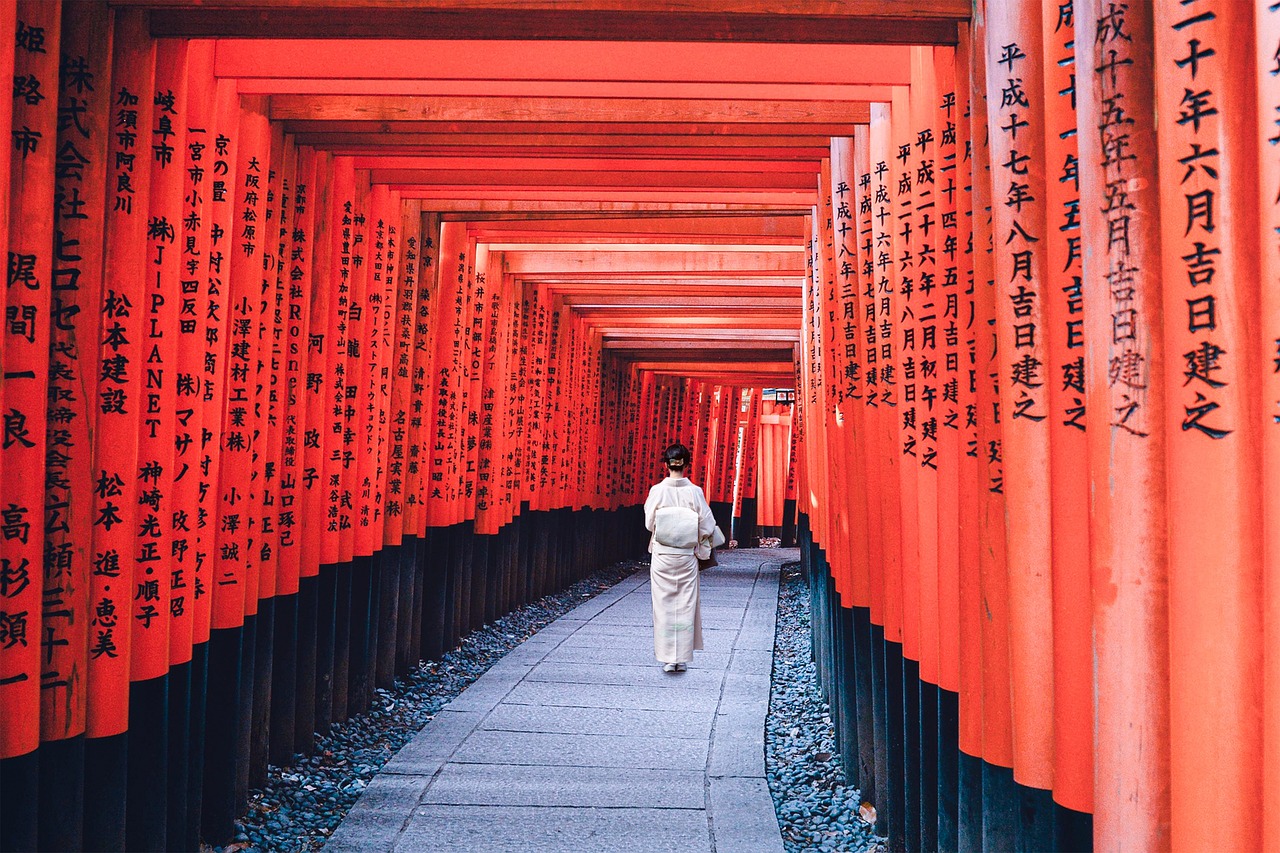In recent years, Japanese fiction has taken the English-speaking world by storm, especially in the UK. From surreal narratives to sharp societal critiques, Japanese authors are topping bestseller lists and winning over readers with their unique blend of creativity and cultural insight. As of 2024, Japanese novels make up nearly half of the top 40 translated fiction titles in the UK, with Asako Yuzuki’s provocative novel Butter leading the pack.
Let’s dive into why Japanese fiction is thriving and explore how it’s transforming global reading habits.

The Journey of Japanese Fiction to the West
Japanese literature’s growing influence in the West isn’t a sudden phenomenon. It dates back decades, with pivotal moments like the 1990s surge in popularity of authors such as Haruki Murakami and Banana Yoshimoto. Murakami’s The Wind-Up Bird Chronicle, translated into English in 1998, opened a gateway to Japan’s rich literary landscape for many English-speaking readers.
What Makes Japanese Fiction So Irresistible?
1. Diverse Themes and Genres
Modern Japanese fiction is a treasure trove of genres and themes, offering something for every reader. Whether it’s the magical realism of Toshikazu Kawaguchi’s Before the Coffee Gets Cold, the biting societal satire in Asako Yuzuki’s Butter, or the quirky, introspective voice of Sayaka Murata in Convenience Store Woman, these stories captivate readers with both their uniqueness and universal relatability.
2. Cultural Exploration
Through Japanese fiction, readers can step into a world that feels both familiar and intriguingly different. The books provide a window into Japan’s cultural values, societal issues, and even its quirks, allowing for a blend of escapism and education.
3. High-Quality Translations
Behind every great Japanese novel read in English is a skilled translator who has made the magic happen. Translators like Philip Gabriel (Murakami’s works) and Ginny Tapley Takemori (Sayaka Murata) have played a pivotal role in ensuring that cultural nuances and literary subtleties remain intact.
4. Multimedia Boost
Adaptations of Japanese stories into films, anime, and TV series have further driven interest in the source material. Makoto Shinkai’s Your Name and Weathering with You, for instance, spurred readers to explore their novelized forms, bridging the gap between visual and literary mediums.

Authors and Works You Can’t Miss
Looking to explore Japanese fiction but not sure where to start? These authors have become icons for a reason:
- Haruki Murakami: Known for his surreal storytelling and unforgettable characters (Norwegian Wood, Kafka on the Shore).
- Sayaka Murata: Her exploration of identity and societal expectations in Convenience Store Woman has resonated with readers worldwide.
- Toshikazu Kawaguchi: The time-traveling café in Before the Coffee Gets Cold is both whimsical and deeply emotional.
- Yoko Ogawa: The Memory Police offers a haunting look at loss and the fragility of memories.
- Asako Yuzuki: With Butter, Yuzuki critiques obsession, the media, and societal judgment in an engaging yet thought-provoking way.
Why Now? Factors Driving the Boom
Japanese fiction’s moment in the sun is no accident. Here are some of the key factors fueling its rise:
- Global Curiosity: As cultural exchange grows, readers are seeking stories that introduce them to new ways of thinking and living.
- Translation Excellence: Modern translations are making these works accessible while maintaining their authenticity.
- Reader Engagement: Online book clubs, social media platforms like TikTok (#JapaneseFiction), and discussion forums are driving word-of-mouth buzz.
- Universal Appeal: These books resonate because they blend the specific (Japanese culture) with the universal (love, loss, identity).
Challenges for Japanese Fiction Abroad
While the global demand for Japanese fiction is high, there are hurdles:
- Translation Loss: Translators often face the difficult task of preserving tone, humor, and cultural nuances.
- Overcrowded Market: With so many new titles flooding the shelves, readers may find it daunting to discover the best ones.

Frequently Asked Questions
1. Why is Japanese fiction so popular in the UK?
Japanese fiction combines compelling storytelling with cultural richness, offering an experience that feels fresh and deeply human.
2. What are the best Japanese novels to start with?
Try Norwegian Wood by Haruki Murakami, Convenience Store Woman by Sayaka Murata, or Before the Coffee Gets Cold by Toshikazu Kawaguchi.
3. Are these books available in English?
Yes, many Japanese novels are widely available in English translation both online and in bookstores.
4. Does Japanese fiction require cultural knowledge to enjoy?
Not at all. While understanding cultural context adds depth, these stories are crafted to be universally relatable.
The Future of Japanese Fiction in the West
The rise of Japanese fiction in the UK is more than a trend—it’s a cultural shift. As readers continue to embrace diverse voices and narratives, Japanese literature is poised to remain a staple on bookshelves worldwide.
Sources The Guardian


